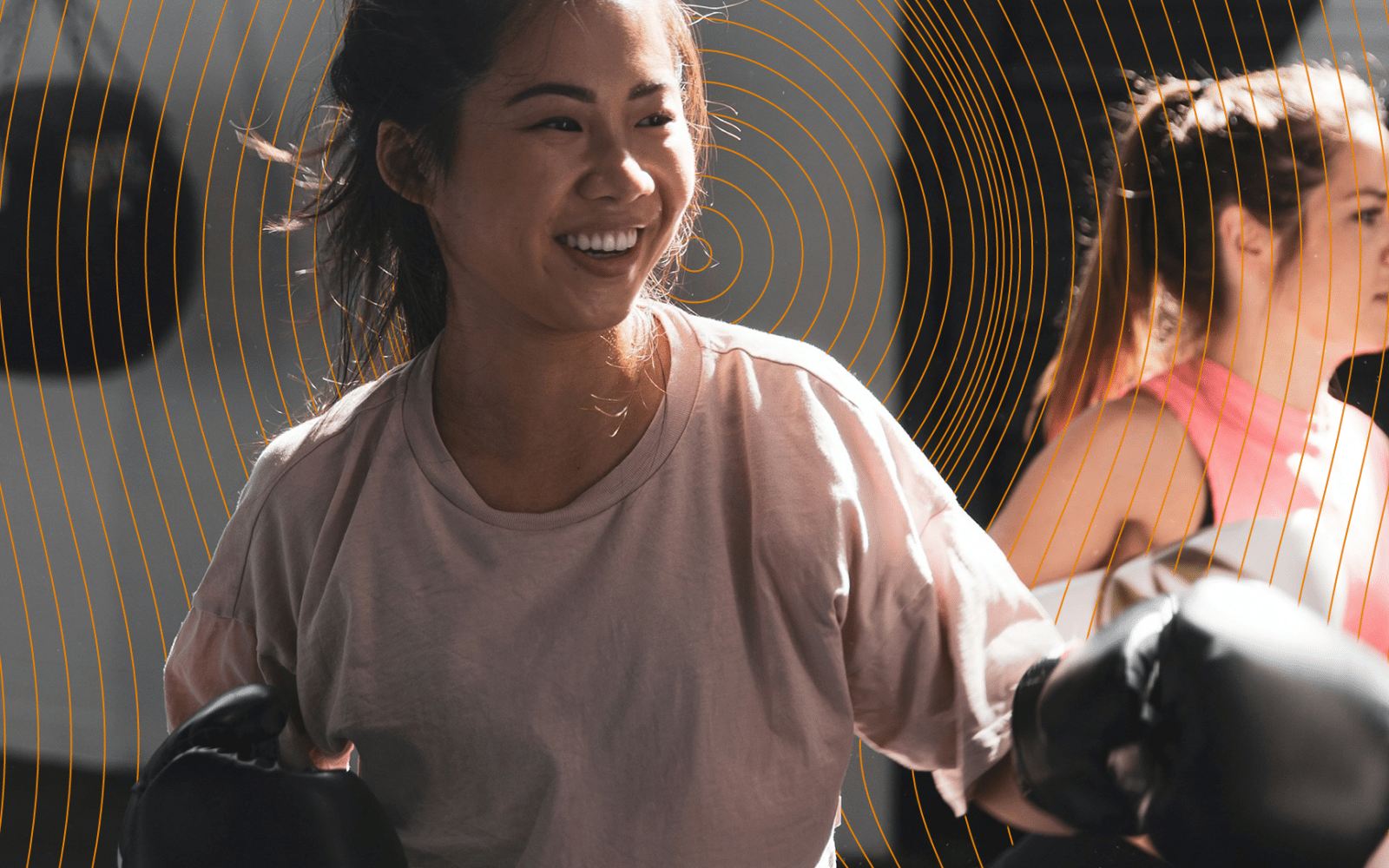Championing Diversity: How a Sports Company Drives Inclusion and Social Impact
SOPHIE | DEI & SOCIAL IMPACT LEADER AT A SPORTS COMPANY| FRANCE |
Sophie drives initiatives that promote equal opportunities and social impact. Through diverse hiring practices, community outreach, and internal advocacy she is transforming her company into a place where marginalized voices are heard and opportunities are truly equal.
